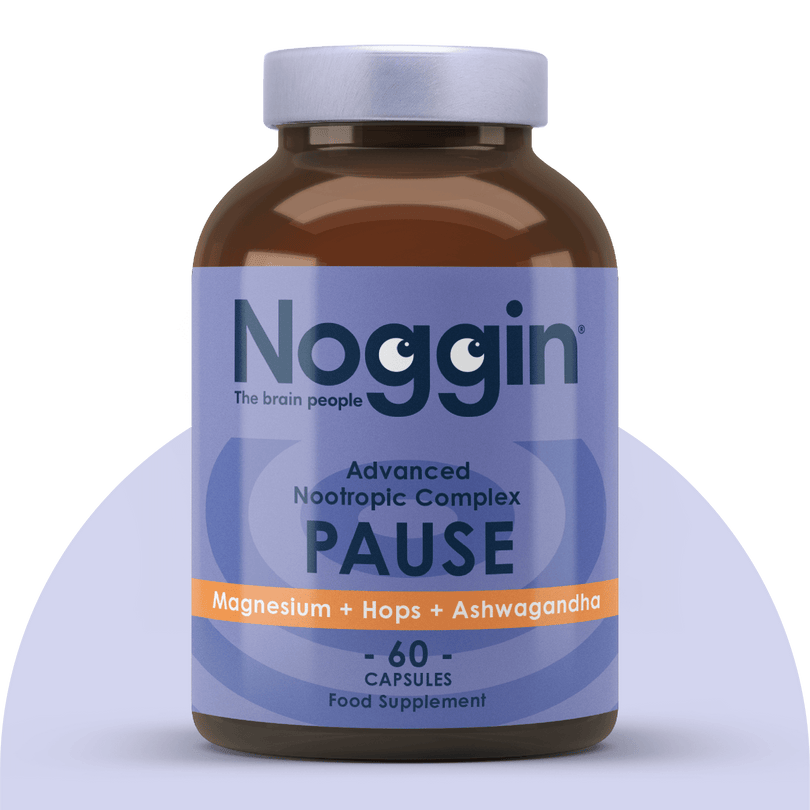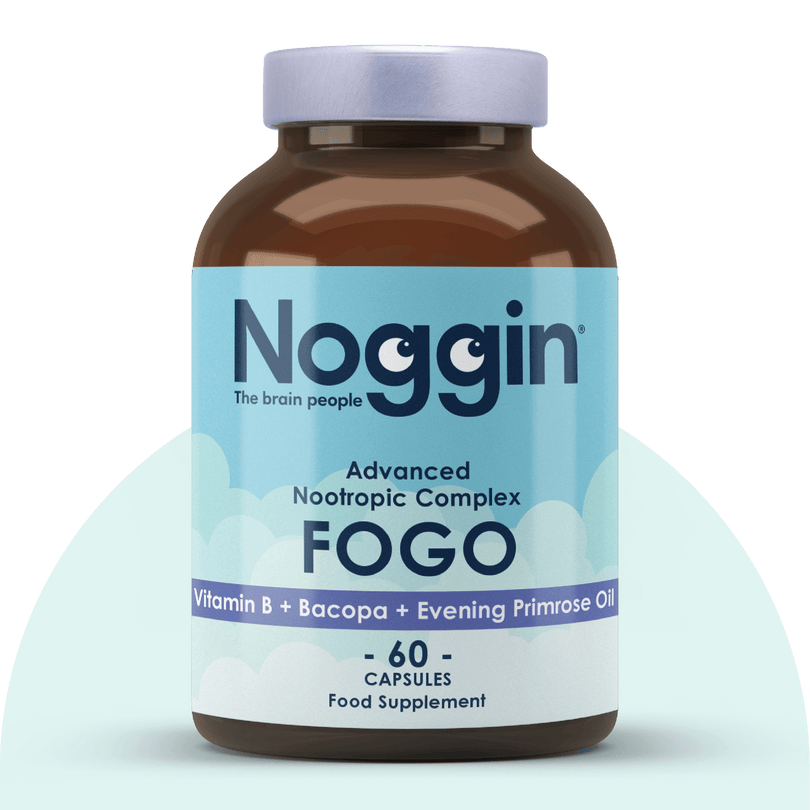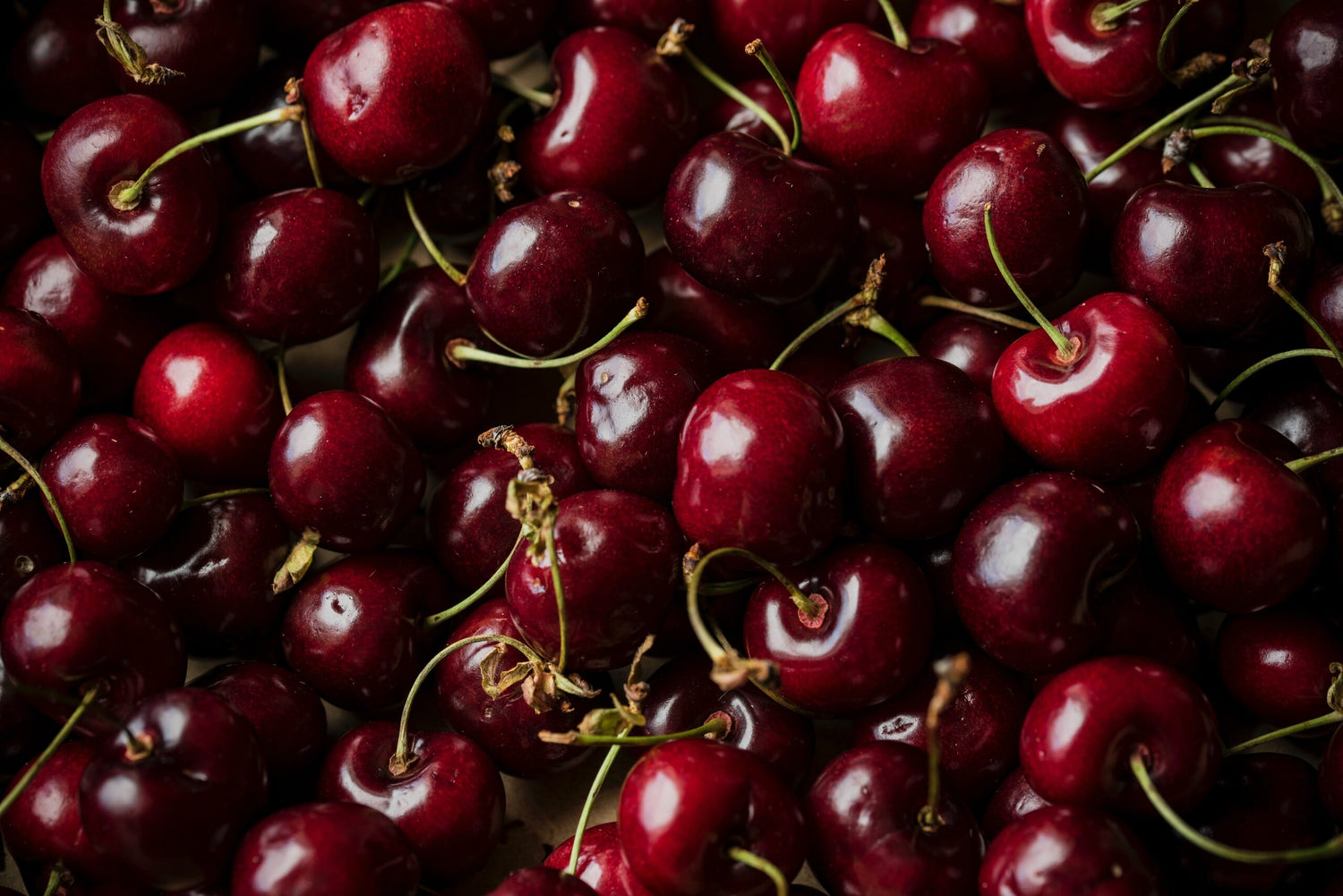Sleep is one of the most important things we can do to look after out brain health. Not only does regular quality sleep help us feel better in ourselves, it is also important for our memory and immune system.
What we eat can affect our sleep
Both what we eat and drink and when we consume certain foods can impact both our ability to sleep and quality of sleep thereafter.
If you are having difficulty sleeping, or waking up feeling unrested after ‘a good nights sleep’, it might be worth thinking about what you eat and drink in the hours running up to bedtime.
1)Increase Melatonin rich foods
Melatonin is a hormone released in the early evening usually to trigger our brain and body to start to prepare itself for sleep. Releasing enough melatonin and also this happening at the appropriate time is part of our natural routine that helps us sleep.
In some countries melatonin can be purchased over the counter as a sleep aid and can be prescribed for certain age groups here in the UK. But tablets are not the only way to increase our natural production of melatonin.
Sleep tip: Certain foods are known to help with melatonin release including cherries, oranges, grapes and tomatoes. Oats, nuts and seeds are non fruit options that will help with our natural melatonin production which not only helps us fall asleep at the right time but can also improve sleep quality and improve overall energy.
2)Caffeine-
The worlds favourite stimulant, caffeine is consumed by most adults several times every day. Caffeine can boost our mood, energy levels and aid concentration.
Too much caffeine and our sleep can be affected. Caffeine has a half life of up to 8 hours- meaning it still exerts effects on your metabolism during this time. Which is why the latte you had at 4pm or cups of tea after dinner can impact on your ability to fall asleep and also the quality of your sleep.
Sleep tip: Stop caffeine after 2pm to ensure a better nights sleep
2) Spicy food-
Food rich in spices close to bed time can cause stomach irritation which can affect our ability to sleep peacefully. But that isn’t the only reason spicy food can interrupt our zzzz - an ingredient found in spicy food, capsaicin, is thought to raise body temperature which can disrupt our sleep pattern. *
Sleep tip: Enjoy your spicy food earlier in the day
4)Fatty foods
Food heavy in saturated fats can lead to longer sleep but quantity isn’t always quality.
From studies looking at animals following a high fat diet they found these rats were more likely to be sluggish and lacking in energy despite the longer sleep duration**. Whilst animal studies have their limits, heading to bed after a big plate of fast food can certainly disrupt our sleep pattern. On top of this, digesting foods rich in saturated fad or additives can be harsh on our stomach which can also prevent us from getting a good nights rest.
Keep Well,
Dr Clara Russell
*https://www.nytimes.com/2008/06/17/health/17real.html
** https://www.medicalnewstoday.com/mnt/releases/247645#1






